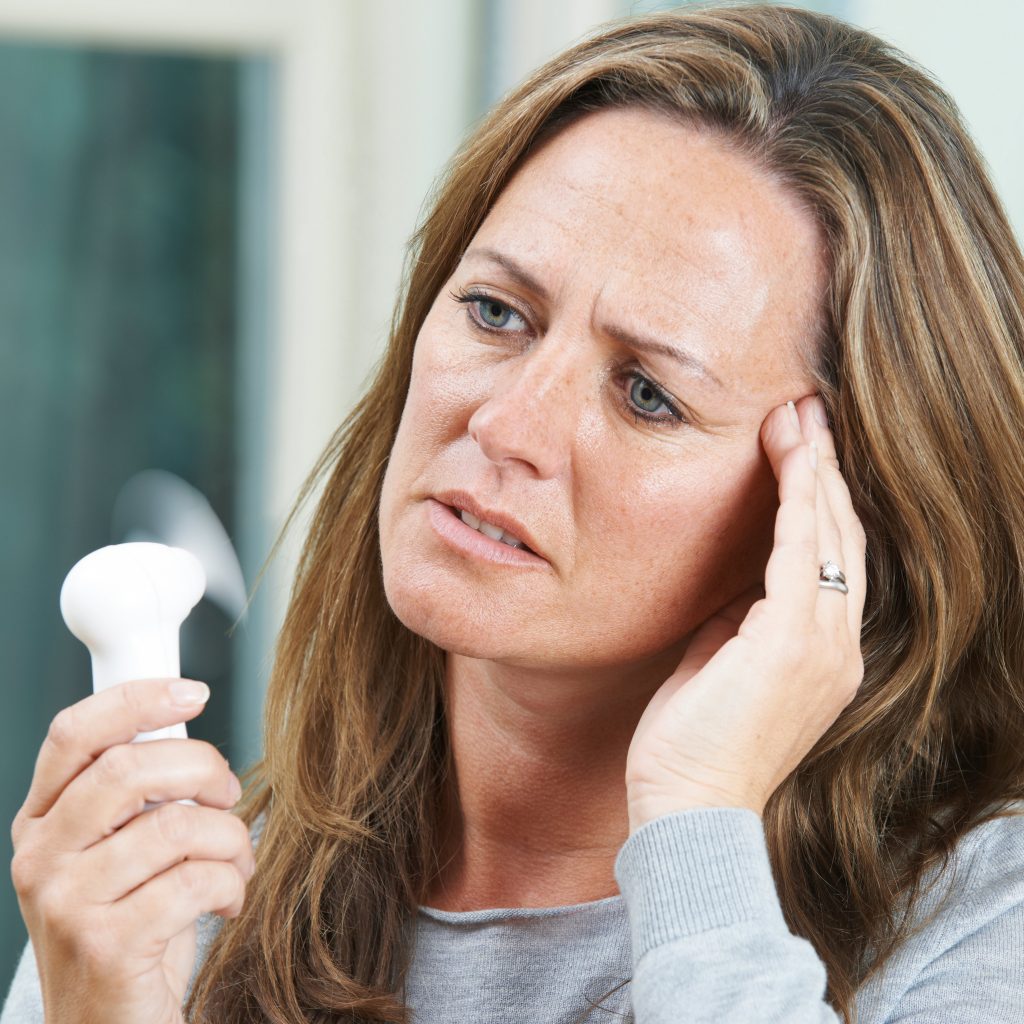Today, more women are seeking out natural and alternative methods to treat symptoms from PMS and menopause, such as chiropractic care. Not all women experience premenstrual syndrome (about three out of four women report PMS symptoms), but all women will go through menopause in their lifetime.
There are over 150 identified and reported symptoms of PMS. Common symptoms include: bloating, irritability, headaches, migraines, breast tenderness, fatigue, stress, cramping, back pain, nausea and weight gain.
There are physiological explanations for these symptoms. For example, lowered levels of serotonin during this time can cause mood changes, irritability and depression; high levels of excess estrogen can also cause irritability and nervousness. An imbalance of progesterone and estrogen can cause water retention, thus affecting weight gain. Abnormal thyroid function can contribute to breast tenderness, and blood sugar imbalance can lead to cravings, headache and fatigue.
Chiropractic adjustments are a safe, non-pharmaceutical alternative to treating the symptoms of PMS. Chiropractors perform adjustments in the lumbar spine and the sacrum, specifically L2 and L3. These vertebrae affect the sympathetic and parasympathetic systems, which control hormonal regulation. In multiple studies, women report less bloating, headaches, cravings and cramping while under chiropractic care.
On average, women begin to experience the symptoms of menopause at age 51. This transitional time starts with “perimenopause,” which can begin several years before the last menstrual period. The most common symptoms of perimenopause and menopause reported are hot flashes, night sweats and sleep issues, which can be attributed to a change in levels of estrogen and progesterone.
Like PMS, chiropractic can provide a drug-free alternative to treating symptoms of menopause. Research has shown that more women are choosing alternative therapies, like chiropractic, for treatment and women who use these therapies generally find them beneficial.
Make an appointment to talk to a chiropractic doctor about chiropractic and reproductive health.
At PRI clinic, we have a team of chiropractors, traction specialists, physiotherapists, massage therapists, aquatherapists, clinical psychologists and in a network of MDs, who work together in synchrony are also present, to ensure that you receive appropriate care for your PMS or menopause concerns. We evaluate your concerns and we ensure that your therapy reflects the most recent research that is most conducive for your health and well-being.








